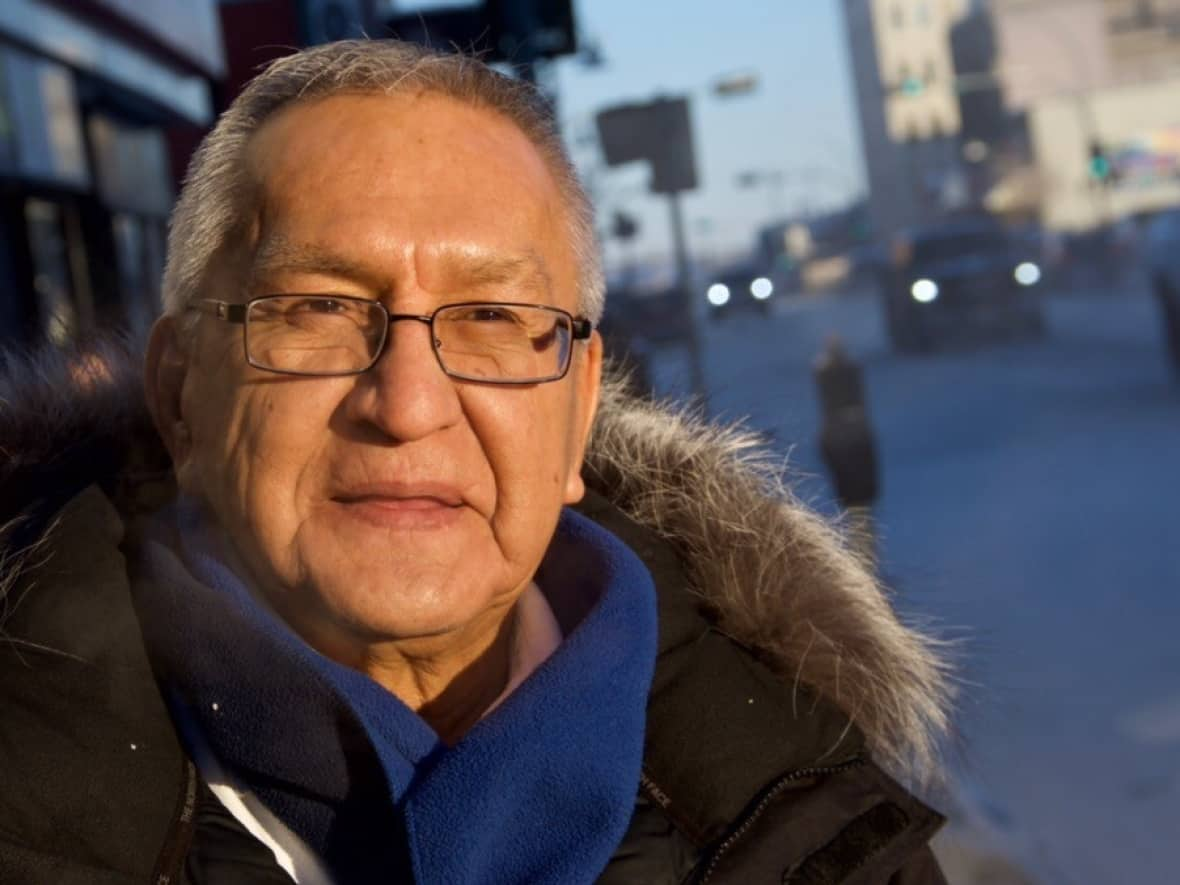Voter registration extended until midnight Tuesday in Dene National Chief election

The deadline to register to vote in the election for the next Dene National Chief was extended until midnight Tuesday, the eve of the election, after requests from multiple communities.
Joachim Bonnetrouge, the former chief of Deh Gáh Got'ı̨ę First Nation, says his community was one of those whose delegates were nearly unable to vote after the community did not submit its voting list on time. The voting list contains names of people in the community who are eligible to vote in the election.
Bonnetrouge said he's not sure how the deadline was missed, but adds it would go against the constitution to not allow the First Nation to participate.
"They cannot deny us our vote," he said before the extension was granted.
Alan Cash, the election's returning officer, said Dene Nation leadership listened to the requests of multiple communities and decided to make the extension, something Bonnetrouge said he is happy with.
It's unclear why multiple communities had difficulty meeting the Nov. 19 deadline, but Cash said it could be because this is the first time the election, announced in early November, is being carried out online.
"In previous assemblies, they were held live, of course, and there were polling booths," he said. "It was a little bit easier to manage."
Because the election is being held online, Cash said there is security in place to ensure those registered to vote are who they say they are. This will be done with confirmation emails and a firewall.
The election was initially scheduled to take place during the Dene National Assembly in Łı́ı́dlı̨ı̨ Kų́ę́ First Nation (Fort Simpson, N.W.T.) from Sept. 14-16. This was delayed because of a COVID-19 outbreak.
The election was then rescheduled to run from Wednesday until Dec. 9.
Cash said he understands this is a long time-frame for an election, but he consulted with One Feather, a B.C.-based firm that specializes in Indigenous elections. He said the firm's research found a 10-day election to be the most effective for voter turnout, which he said is a priority.
"One of the advantages of electronic voting is the ease of access and that people can vote from their own home, from their kitchen table, at work anytime, 24-hours a day for nine straight days," he says. "It's a way of providing greater, broader access."
How the Dene National Chief election works
This kind of election is different from most elections held in the N.W.T.
The vote isn't open to all members of Dene Nation, it's just open to delegates from the Dene communities.
Each community is guaranteed four votes, one of which has to be the chief, Cash said. Then, based on population, communities are granted additional votes.
The delegates are chosen by community members and submitted in the voter list by the registration deadline.
The successful candidate — either incumbent Norman Yakeleya or challenger Gerald Antoine — will also serve as the N.W.T. Regional Chief for the Assembly of First Nations.


